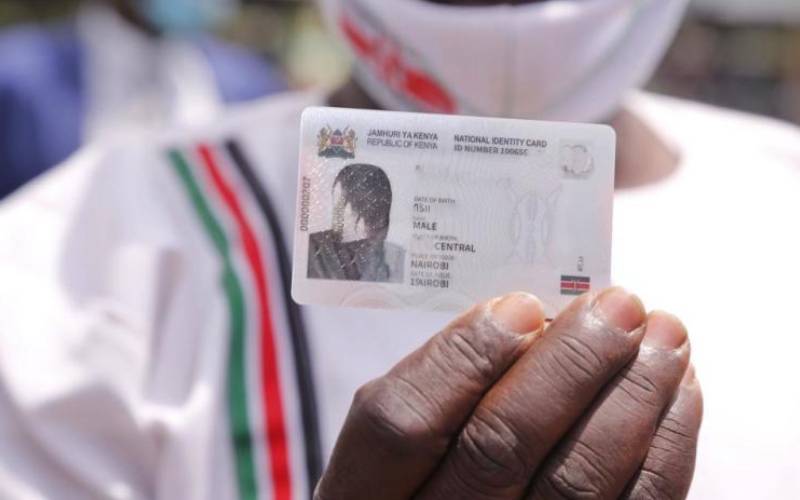×
The Standard e-Paper
Smart Minds Choose Us

In recent days, the National Assembly has been hosting public petitions around the Huduma Bill No.57 of 2021 that seeks to provide a primary law on civil registration and legal identity.
It proposes to overhaul the civil registration and identity management ecosystem, promote efficient delivery of public services and a provide the legal framework for the Huduma Namba. The establishment of the office of the Data Commissioner addresses the legal jitters about the security and privacy of the captured Huduma Namba data.